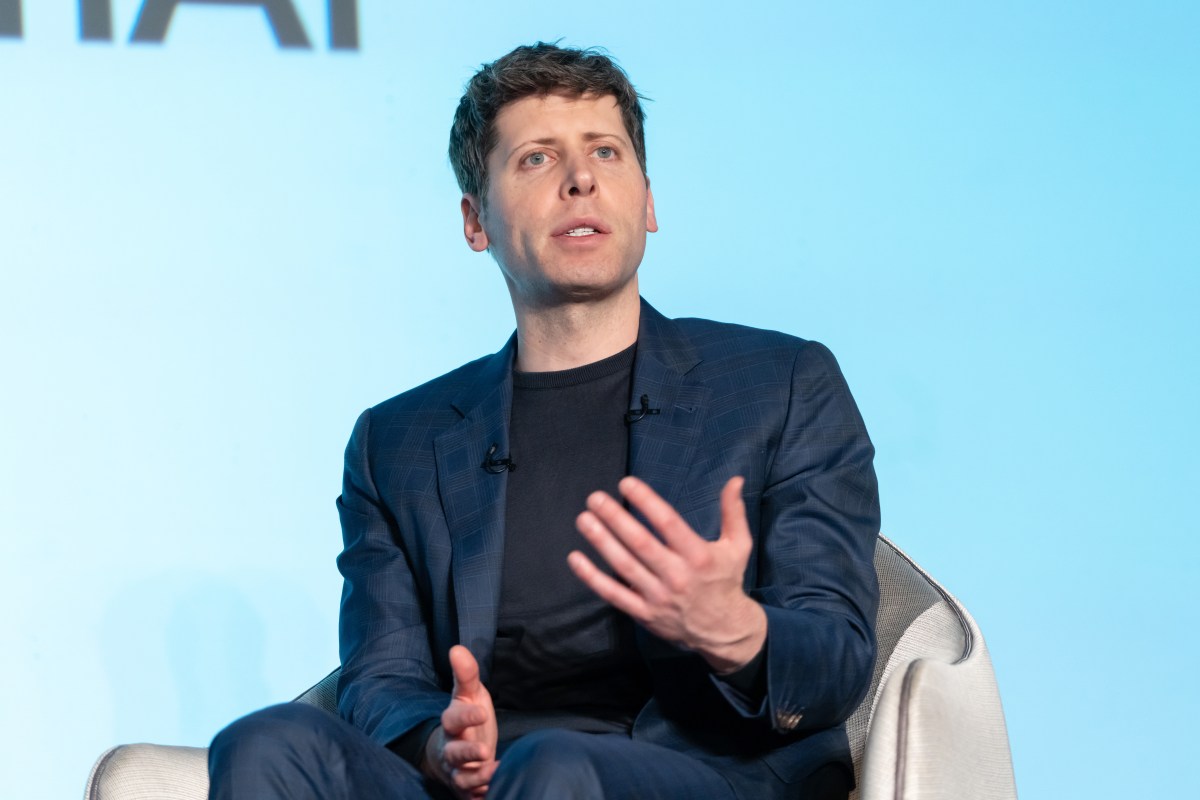OpenAI has released a post-mortem analysis of the recent issues with sycophancy in the default AI model that powers ChatGPT, GPT-4o — issues that led the company to roll back an update to the model that was released last week.
Over the weekend, following the update to the GPT-4o model, users on social media noticed that ChatGPT started responding in an overly flattering and agreeable manner. This behavior quickly became a meme, with users sharing screenshots of ChatGPT applauding various problematic, dangerous, and questionable ideas.
In a post on X on Sunday, CEO Sam Altman acknowledged the issue and stated that OpenAI would work on fixes as soon as possible. Two days later, Altman announced that the GPT-4o update was being rolled back and that OpenAI was working on additional fixes to the model’s personality.
According to OpenAI, the update, which aimed to make the model’s default personality feel more intuitive and effective, was overly influenced by short-term feedback and did not fully consider how users’ interactions with ChatGPT evolve over time.
We have rolled back the GPT-4o update in ChatGPT due to its overly flattering and agreeable nature. You now have access to an earlier version with more balanced behavior.
For more information on what happened, why it matters, and how we’re addressing sycophancy, visit: https://t.co/LOhOU7i7DC
— OpenAI (@OpenAI) April 30, 2025
“As a result, GPT-4o skewed towards responses that were overly supportive but insincere,” OpenAI wrote in a blog post. “Sycophantic interactions can be uncomfortable, unsettling, and cause distress. We fell short and are working to get it right.”
OpenAI is implementing several fixes, including refining its core model training techniques and system prompts to explicitly steer GPT-4o away from sycophancy. The company is also building more safety guardrails to increase the model’s honesty and transparency and continuing to expand its evaluations to help identify issues beyond sycophancy.
Additionally, OpenAI is experimenting with ways to allow users to provide real-time feedback to directly influence their interactions with ChatGPT and choose from multiple ChatGPT personalities.
“We are exploring new ways to incorporate broader, democratic feedback into ChatGPT’s default behaviors,” the company wrote in its blog post. “We hope the feedback will help us better reflect diverse cultural values around the world and understand how you’d like ChatGPT to evolve. We also believe users should have more control over how ChatGPT behaves and, to the extent that it is safe and feasible, make adjustments if they don’t agree with the default behavior.”





